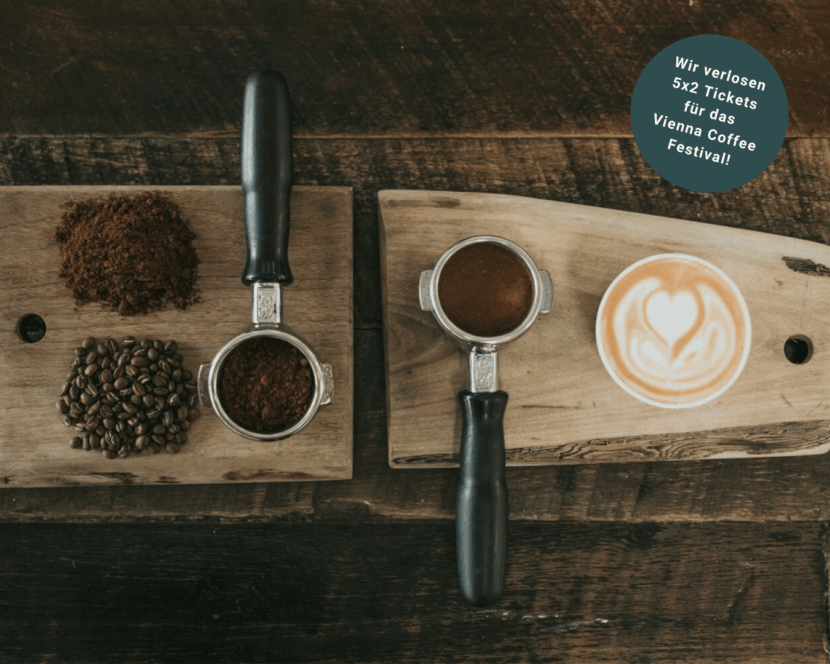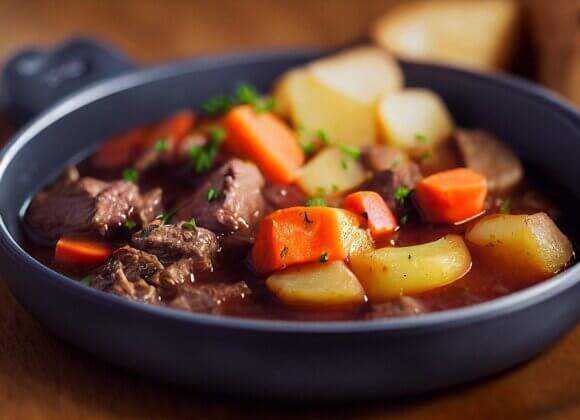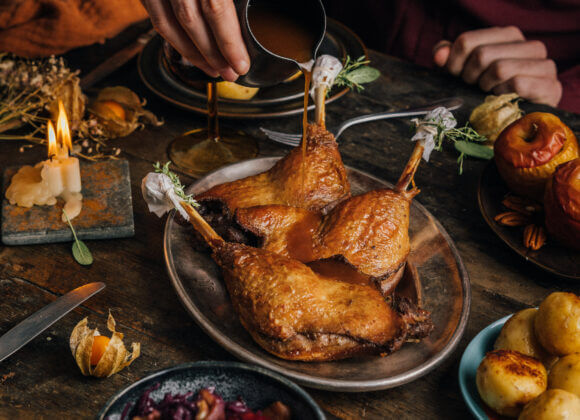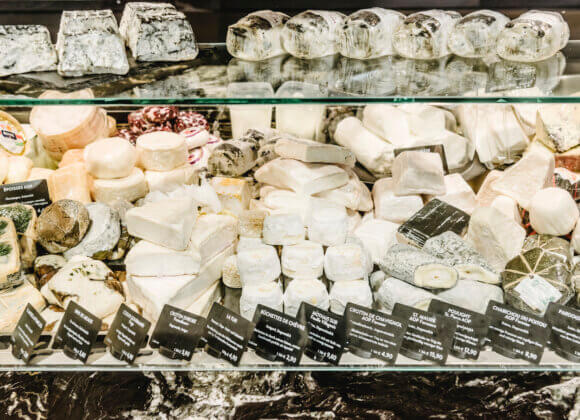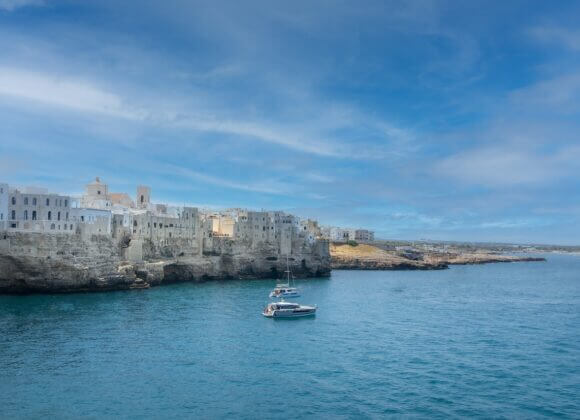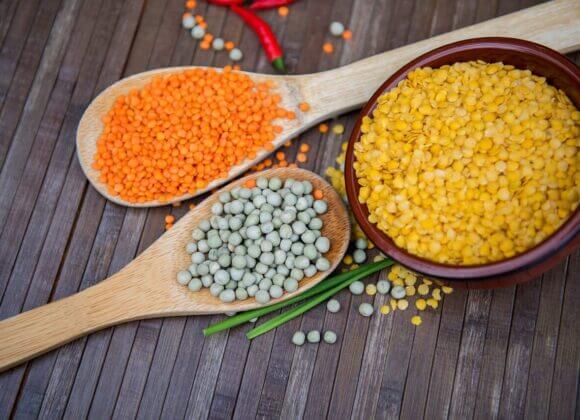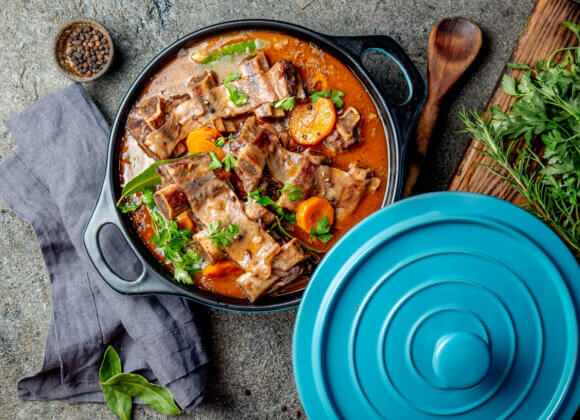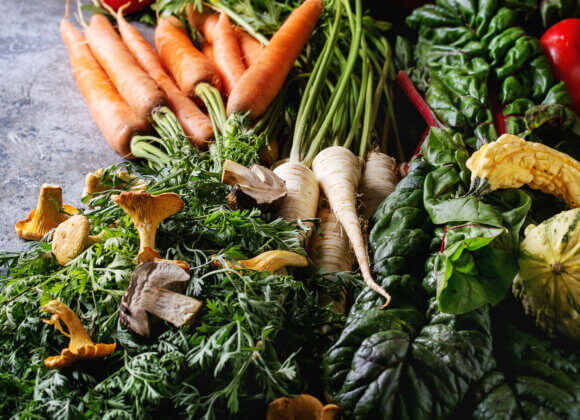The variety of coffee preparation methods is huge today: French press, mocha, fully automatic, portafilter or filter – anyone who makes coffee at home is often faced with a jungle of options. Vienna in particular is at the forefront internationally: The city has long been famous not only for its coffee culture, but also for its booming specialty coffee scene. The GOTA Coffee Shop was even named Europe’s best coffee shop in Vienna this year.
One person who has played a decisive role in shaping this development is Martin Wölfl, Managing Director of Wild Kaffee and world champion in coffee brewing in 2024. Of course, he is also one of the stars of the Vienna Coffee Festival 2025 (12 – 14 September, Marx Halle Vienna) and explains in an interview how you can make exceptional coffee at home – and how you can immediately tell whether a bean is really good quality.
PS: At the end of the article you have the chance, Win 5×2 tickets for the Vienna Coffee Festival! 🙂
Mr. Wölfl, question for the expert: How do I prepare coffee at home so that it can compete with the coffee in the café?
The aim should never be for the coffee to taste exactly like it does in the coffee house. A whole team works there with different equipment and its own logistics. The coffee house experience is something special and should remain so. But: you can make excellent coffee at home with a few tricks. The most important thing is the water – it’s best to use a filter and add more magnesium to the water. Secondly, buy fresh coffee, preferably from a small roastery, and grind it directly at home. Thirdly, acquire knowledge – recipes, blogs, videos – and try it out. With the right adjustments, you can also achieve great results at home.
And what is the best way to prepare it at home?
It all depends on your taste. For me, it’s filter coffee: cheap, not complicated and can be made with little equipment. You need a scale, a glass jug, a filter attachment (e.g. V60), filter paper, a kettle and a small hand grinder – that’s all you need. You can brew very good coffee for little money. If you prefer espresso, you can now also find good fully automatic machines in a fair price range. However, many people buy a portafilter machine straight away, which requires a bit of passion and practice. This allows you to prepare espresso, Americano or cappuccino to a very high standard. French press, on the other hand, is uncomplicated, quick and produces more fruity coffees. Each method has its own appeal – the decisive factor is what you are looking for.
Portafilters are practically a design object in kitchens. But are they worthwhile for domestic use?
Definitely, but certainly not for everyone. A portafilter requires attention and care. You need a good grinder, grind the coffee properly and clean the machine regularly. It’s not enough to press a button – you have to really get to grips with the preparation. But the portafilter opens up a whole world: espresso, Americano, cappuccino, latte art – everything is possible. What’s exciting is that manufacturers are now developing devices that are more compact, consume less energy, heat up faster and can even be controlled via an app. The market is growing rapidly. All in all, I say: if you enjoy experimenting and have patience, you’ll be happy with a portafilter.
Which coffee is suitable for which preparation method?
Espresso roasts that have been roasted darker and longer are ideal for portafilters, fully automatic machines or stovetop pots. Filter coffee works best with lighter roasts, which are often fruitier. It is best to go to a small roastery, ask questions and try out different varieties. Coffee is highly individual – and that’s what makes it so exciting.
How does a world champion drink his coffee?
At home, I stick to filter coffee. I weigh my beans, grind them fresh with a hand grinder and prepare the water with magnesium, sodium and potassium so that it is optimal. Then I brew carefully and this is also my morning ritual. I often have an espresso after lunch. I hardly ever drink milk drinks, only when I’m tasting them.
How can you tell the difference between good and bad coffee?
You can usually tell at first glance. If the beans have an oily sheen, they have been roasted too hot. Fragments, holes or insect infestation can also be detected. The smell is also a giveaway: if you smell a bitter, burnt or smoky note, it is usually not a good coffee. The packaging also says a lot: the more information on it, the better. Transparency is a sign of quality – and reputable roasters are proud to share details.
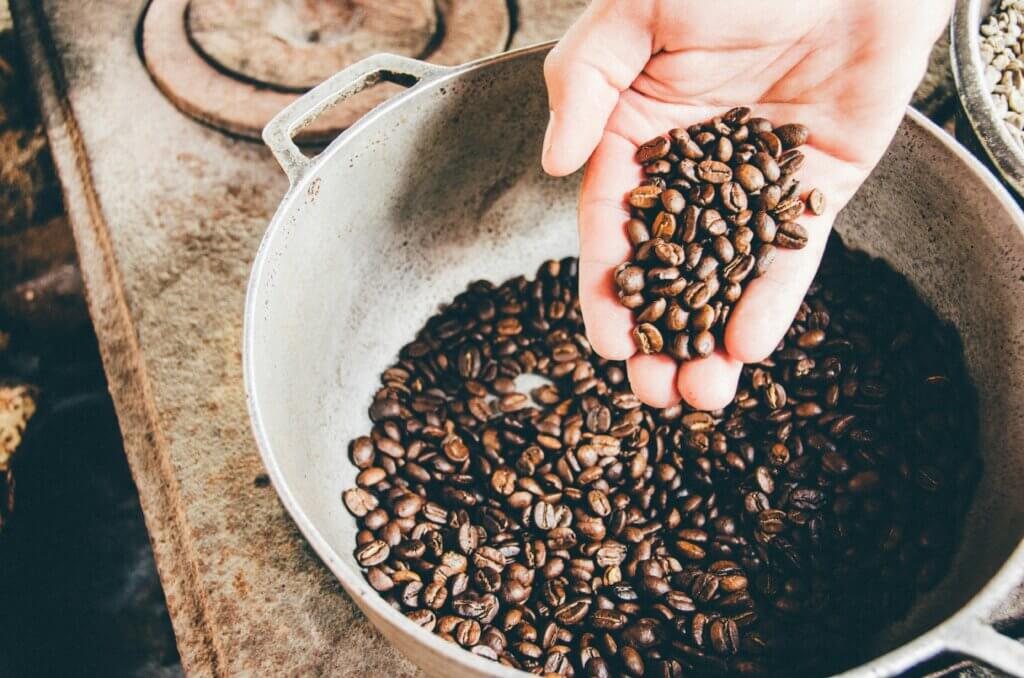
Capsules, pods, ground coffee – what do you recommend?
To be honest, this is not one of my favorites. With capsules and pods, you don’t know exactly what’s in them and you don’t have much leeway when preparing them. They are also more expensive per kilo. There are already specialty coffee suppliers for capsule coffee that offer interesting and, above all, sustainable solutions, but I still prefer to stick with filter coffee or espresso. My opinion: If you really want to drink good coffee, you should try filter coffee, fully automatic machines or portafilters. There are now quick and easy solutions there too. So the “convenient and quick” argument no longer counts.
Editor’s Choice – the Jura J10
We at Myhome.at took a closer look – and are delighted: the new Jura J10 is more than just a fully automatic coffee machine, it is a real statement of enjoyment. In the ETM endurance test, it received the top rating of “very good” with 97.7 % – no other model tested has been better.
What convinces us: 42 specialties at the touch of a button, customizable down to the last detail. Classics such as espresso or cappuccino are just as perfect as trendy drinks à la cold brew with sweet foam. The new Professional Aroma Grinder (P.A.G.2+) ensures consistently top results.
Handling, material quality, energy efficiency and volume – all at the highest level. If you love coffee and value design, precision and variety, the J10 is our clear favorite.
Our recommendation: The Jura J10 is the perfect fully automatic machine for anyone who wants to experience coffee, not just drink it.
RRP: € 1,849.00 | Available from specialist retailers here (click).
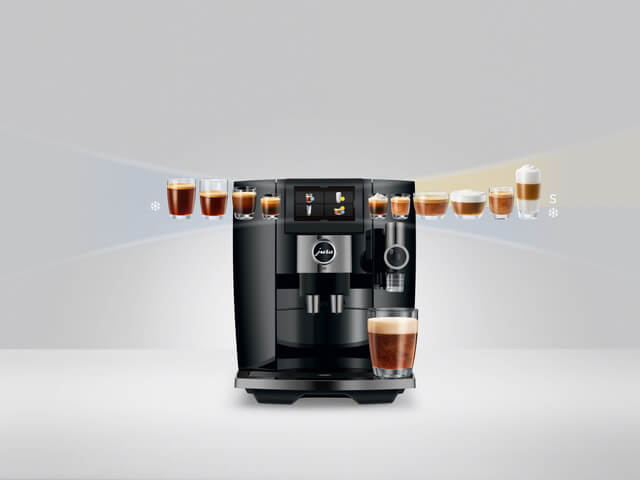
Take part and win 5×2 tickets for the Vienna Coffee Festival
Our expert
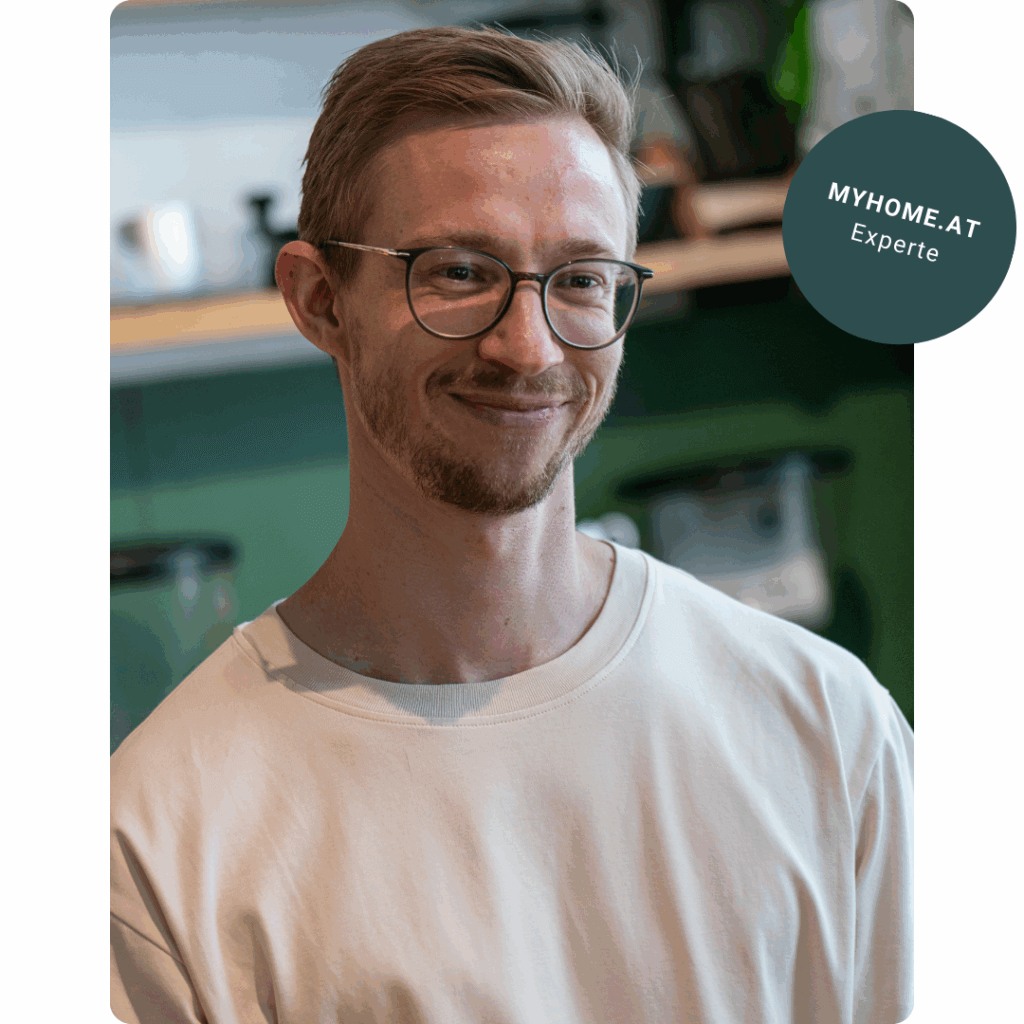
Martin Wölfl is Managing Director of Wiener Wildkaffee Rösterei and won the world championship title at the World Brewers Cup 2024 in Chicago with his exceptional filter coffee.
Website: https://wild-kaffee.at
Related posts:
Cleaning your coffee machine: How to keep your espresso aromatic


